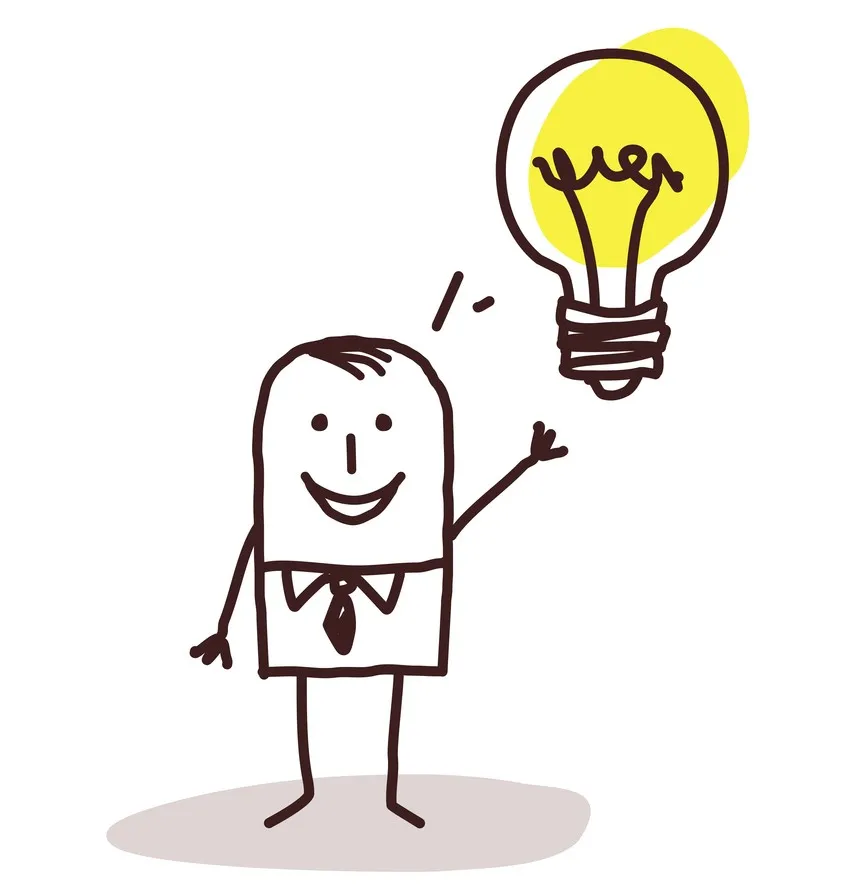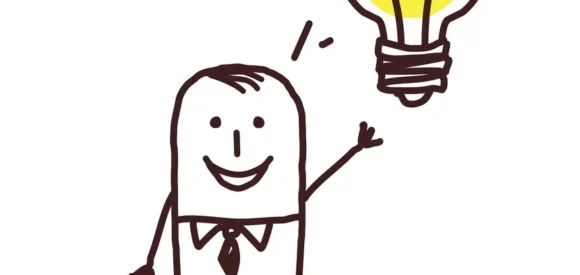I had an insight at a lecture about insights.
I was in the auditorium of the Allen Institute, having just wrapped up delivering a training on creativity for laboratory scientists (more on that later.) I was listening to Ric Oslin, a speaker from the NeuroLeadership Institute define what an insight is. He said there were three criteria for an insight:
- Non-obvious solution from the non-conscious
- Emerges suddenly into awareness
- Combining known information in novel ways
An insight is a bubbling up of a solution from the depths of your brain and it gives you a hit of dopamine from the satisfaction. When thousands of people were surveyed on when they had insights, the speaker continued, they found the top five situations insights appear are: times around sleep, during a shower, driving, exercise, and (many don’t guess this last one) listening to music. These are often times when we are:
In a quiet moment: Shutting off all the noise so there’s less to process, freeing up brain power
Looking inward: Getting lost in your thoughts and letting your mind wander
Slightly positive emotion: You don’t have insights when you’re stressed
Reduced conscious attempt to solve the problem: Although your mind might have been primed earlier to solve the problem, you are not actively working on solutions at the moment

As I was hearing all this… I had an insight! If Aha moments originate in the subconscious and have to move to the conscious for us to experience them, then having strong neural pathways from the subconscious to the conscious would be advantageous. Many improv exercises focus on strengthening the connection between your non-conscious and conscious mind. Additionally, reducing filters and blocks that suppress the subconscious would be helpful too. That’s often the heart of practicing spontaneity. All the time in class I say things in class like:
“Open your mouth and let something fall out”
“Go fast and outrace your brain”
“Your first idea is your best idea”
“Trust yourself, you don’t need to overthink it”
For example, the activity word association Player 1 says a word, any word. Player 2 listens to that word and responds with the first thing they can think of. It could be a synonym, an opposite, a rhyming word, or maybe they don’t know why they thought of that, they just did. Maybe it’s not even a word, but some gibberish or a sound. All responses are allowed. The focus is on being fast and spontaneous, letting your intuition take over. Then Player 1 listens and responds to that back and forth. The game is highly adaptable: it can be done over text, around a circle, or even with yourself.
Let me give it a try while I’m here on this plane:
Plane, paper, fold, sheets, paper, book, read, novel, book club, cro-magnon, caveman, dwelling
Hope you enjoyed that peek into my subconscious.
Can improv training make someone have more and better insights? Can improv make someone more creative as an individual? This is the question we are trying to answer in the work I’m doing with laboratory scientists I mentioned earlier. A little background: over a year ago, I started working with Drs. Elaine and Stuart Sevier at Research Theory. “With backgrounds in academic basic science, they witnessed firsthand how research culture was stifling creativity and taking a toll on the well-being of their colleagues.”
They brought me in to help develop and deliver a workshop series to help people do better science for longer careers. It’s been an interesting challenge because I’ve had to shift my focus from interpersonal collaboration to individual creativity while serving participants who are just so dang smart. We’ve delivered a pilot program at the University of Texas at Austin and are in the middle of delivering this five-part curriculum at The Allen Institute in Seattle, a neuroscience research facility started by Paul Allen, one of the Microsoft Founders.
One of the most exciting parts of this project is that Research Theory is developing a measurement tool that will give us quantitative data on the effectiveness of applied improv training. If this happens, it would be the brass ring of my career, legitimizing the magic all improv teachers know happens in the room.
Can improv training improve your connection to your subconscious, leading to more insights or better insights? I don’t know… yet!

